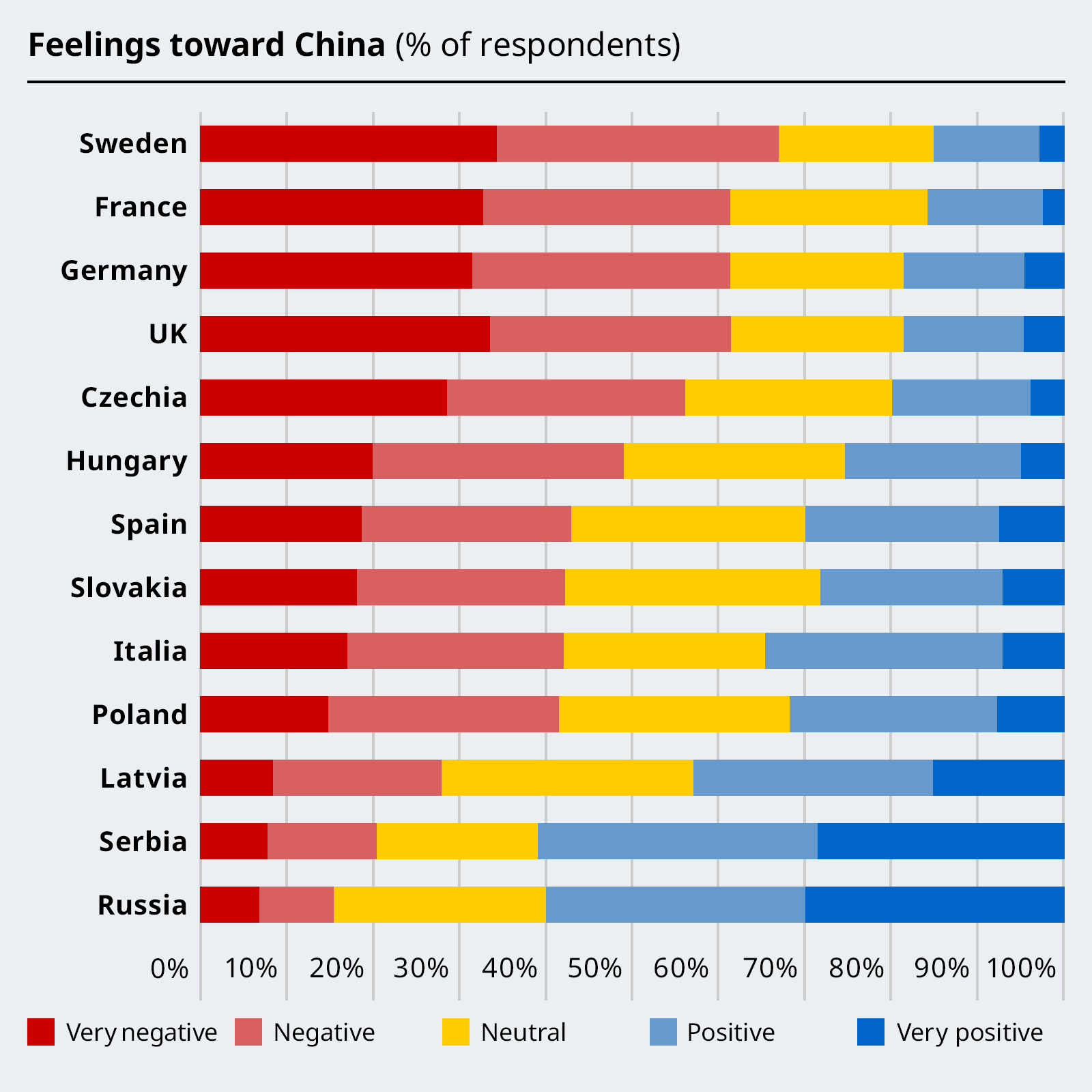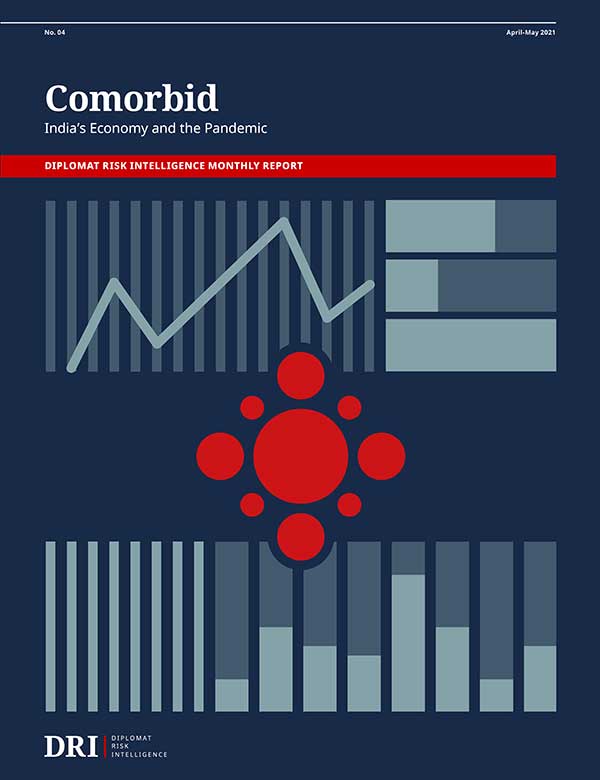| Welcome to the latest issue of Diplomat Brief. This week our top story explains how Pakistan became complicit in China’s persecution of Muslim minority groups. We also have an interview with Dr. Giuseppe Gabusi, assistant professor at the Department of Cultures, Politics and Society at University of Turin, about transatlantic cooperation (and disagreement) on China. |
| Story of the week |  | SOCIETY How Pakistan Is Helping China Crack Down on Uyghur MuslimsWhat Happened: Last week, Pakistani Prime Minister Imran Khan made headlines by defending China’s actions in Xinjiang during an interview. That would not come as a surprise to anyone who has been paying attention. Not only has Pakistan’s government refused to criticize China for its mistreatment of the Uyghurs, but Islamabad is not even standing up for Pakistanis caught up in the crackdown. Our Focus: “In Gilgit, many [Uyghurs] are asking their family members, especially men, to leave for other parts of Pakistan and even other countries,” Ibrahim Ahmed, an ethnic Uyghur who has lived in Pakistan for nearly three decades, told The Diplomat. “China is erasing Uyghur presence from Gilgit, where many of us have been living for decades.” What Comes Next: Pakistan is one of many Muslim-majority countries to remain silent on the Uyghur issue, wary of provoking China’s wrath. Khan’s comments, and the lived reality on the ground in Pakistan, are Exhibit A for the case that China’s money is successfully buying a free pass for its domestic oppression. Read this story |
| Behind the News | INTERVIEW Giuseppe GabusiDr. Giuseppe Gabusi, assistant professor at the Department of Cultures, Politics and Society at University of Turin and head of Asia Prospects Program at T.wai, the Torino World Affairs Institute, on the divergence in U.S. and EU perspectives on China: “Mainstream media have reported a comment from a European diplomat, who pointed out that Europe does not like China for what it does, but the U.S. does not like China for what it is. I think it perfectly catches the point.” Read the interview |
| This Week in Asia | Northeast Asia The CCP Turns 100On July 1, China will mark the 100th anniversary of the founding of the Chinese Communist Party. Beijing will host a massive, coordinated celebration of the party’s rule – and provide justification for the CCP’s continued unquestioned primacy in Chinese politics. The event will also mark the successful completion of China’s “first centenary” goal, and continue Xi Jinping’s narrative of the “great rejuvenation of the Chinese nation.” Find out more | South Asia A Drone Strike in KashmirFor the first time, drones were used to attack a military installation in the disrupted region of Kashmir. Two drones carrying explosives reportedly attacked an air base in Jammu city on Sunday, followed by a second, thwarted attack on an army base the next day. The incidents could spell a new chapter in the bloody Kashmir conflict. Find out more | Southeast Asia The Grand Reopening of PhuketThis week, the island of Phuket in southern Thailand is set for its long-awaited reopening to foreign tourism, as the country continues to struggle with its most serious outbreak of COVID-19. Under the so-called “Phuket sandbox” scheme, vaccinated tourists will be able to roam the entire island as an alternative to quarantining inside their hotels. If successful, it could mark the first step in the recovery of Thailand’s vital tourist industry, which makes up an estimated one-fifth of the country’s GDP. Find out more | Central Asia US Afghanistan Withdrawal Continues, But Peace Talks StallAs the U.S. withdrawal from Afghanistan continues, reportedly on pace to be completed in July, negotiations between the Taliban and the Afghan government are stuck. Despite a nudge by the U.N. the Taliban show little interest in returning to talks, raising fears that they might prefer to try to take the country by force after the last U.S. soldiers depart. Find out more |
| Visualizing APAC |  | Data source: NCOC (The Diplomat's tally) A Sinophone Borderlands survey from fall 2020 shows that European publics have a darkened outlook on China – even in countries with pro-China governments, such as Hungary. See the full picture |
|  |





